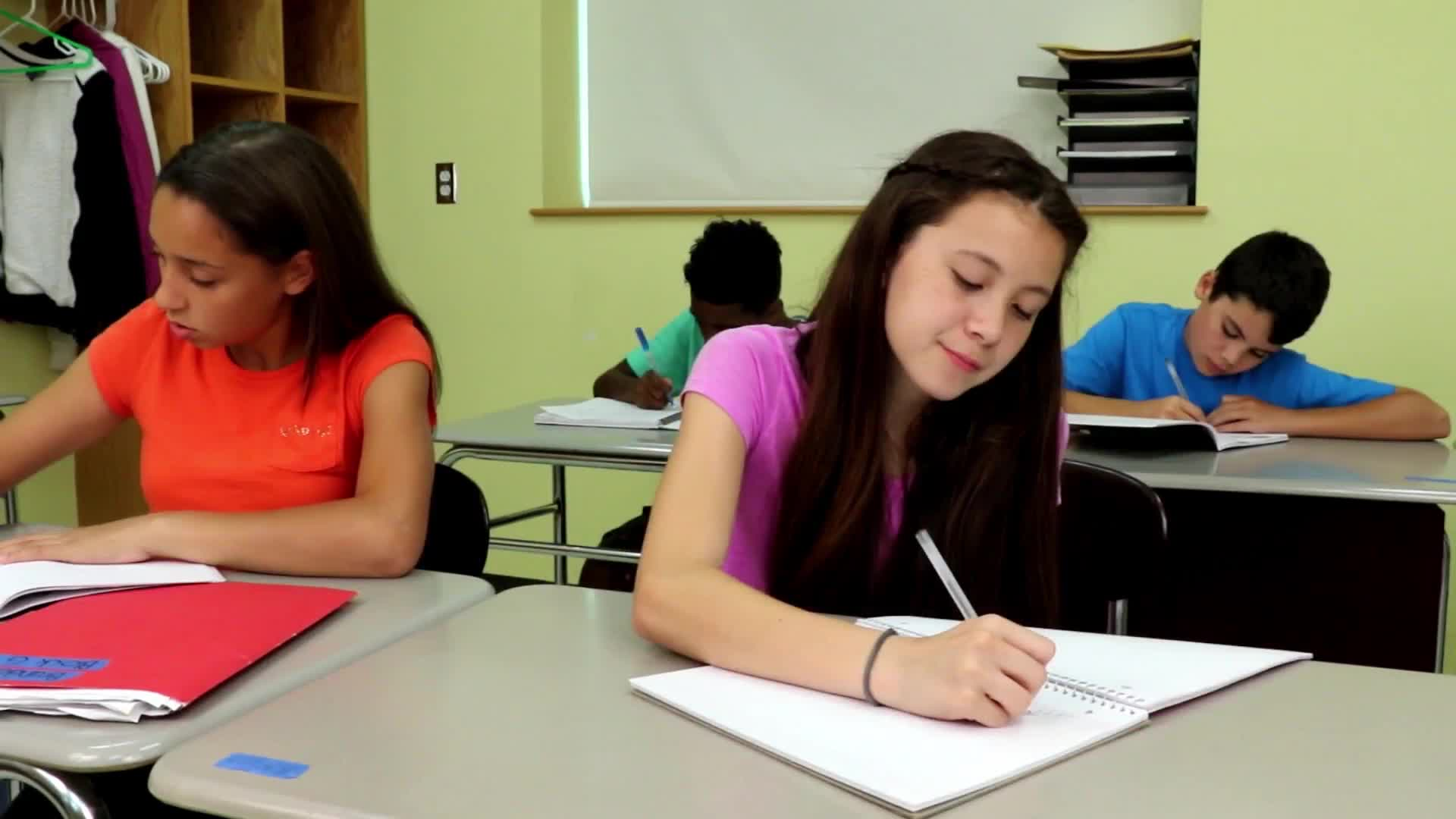Introduction
As educators, we often encounter students who finish their work early and become restless or bored. It’s crucial to teach them how to manage their boredom without disrupting their classmates who are still working. This blog post discusses practical strategies based on principles of Social-Emotional Learning to help kindergarten students learn to deal with boredom quietly and respectfully.
No-Prep Activity
One simple no-prep activity to teach students how to manage boredom quietly is called the “Silent Art Gallery.” Here’s how to implement it in your classroom:
- When a student finishes their work early, instruct them to draw something related to the current topic on a piece of paper. Encourage them to focus on their drawing without making any noise.
- Once the majority of the class has finished their work, allow students to quietly display their drawings around the classroom.
- Invite students to walk around and silently observe the drawings, admiring their classmates’ creativity.
- After a few minutes, gather the students and ask them to share what they liked about each other’s artwork.
This activity not only keeps students engaged and quiet but also promotes creativity and appreciation for their peers’ work.
Discussion Questions
- Why is it important to be quiet when others are still working?
- What are some other quiet activities you can do when you’re bored and waiting for your classmates to finish their work?
- How does being respectful to your classmates’ work help create a positive learning environment?
- Can you recall a time when you were distracted by someone else’s noise? How did it affect your work?
- How can finding quiet activities to do when bored help you develop self-regulation skills?
Related Skills
Teaching students to manage boredom quietly not only contributes to a positive classroom environment but also helps them develop other valuable skills. Some related skills include:
- Self-regulation: Learning to control their impulses and emotions when bored.
- Empathy: Understanding how their actions can affect their classmates.
- Active listening: Paying attention to the teacher and their peers, even when they feel disinterested.
- Problem-solving: Identifying quiet and constructive activities to occupy their time.
Next Steps
Helping students manage boredom quietly is an essential skill for their social-emotional development. By teaching them to be respectful of their classmates and finding quiet activities to engage in, they will be better prepared for academic success. To further explore this skill and others, we encourage you to sign up for free samples of our Social-Emotional Learning resources. These materials will provide you with additional tools and strategies to support your students’ development in a nurturing and engaging learning environment.






